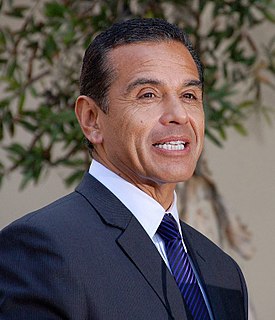A Quote by Joe Hart
When managers have got decisions to make, whether it benefits me or not, I have to be man enough to take it.
Related Quotes
If the fact that people make poor decisions is reason enough for the government to second-guess their decisions about dangerous activities such as smoking cigarettes and riding motorcycles, why on earth should the government let people make their own choices when it comes to such consequential matters as where to live, how much education to get, whom to marry, whether to have children, which job to take, or what religion to practice?
That is the great thing about policing, you do have a lot of responsibility very early and you have got to make decisions, sometimes life and death decisions, very quickly and there is something about putting a uniform on and thinking 'people are looking to me to make decisions and to look after them' that makes you feel capable.
When you pay social security taxes, you are in no way making provision for your own retirement. You are paying the pensions of those who are already retired. Once you understand this, you see that whether you will get the benefits you are counting on when you retire depends on whether Congress will levy enough taxes, borrow enough, or print enough money.
One of the biggest challenges we face today is finding managers who can sense and respond to rapid shifts, people who can process new information very quickly and make decisions in real time. It's a problem for the computer industry as a whole - and not just for Dell - that the industry's growth has outpaced its ability to create managers.






































